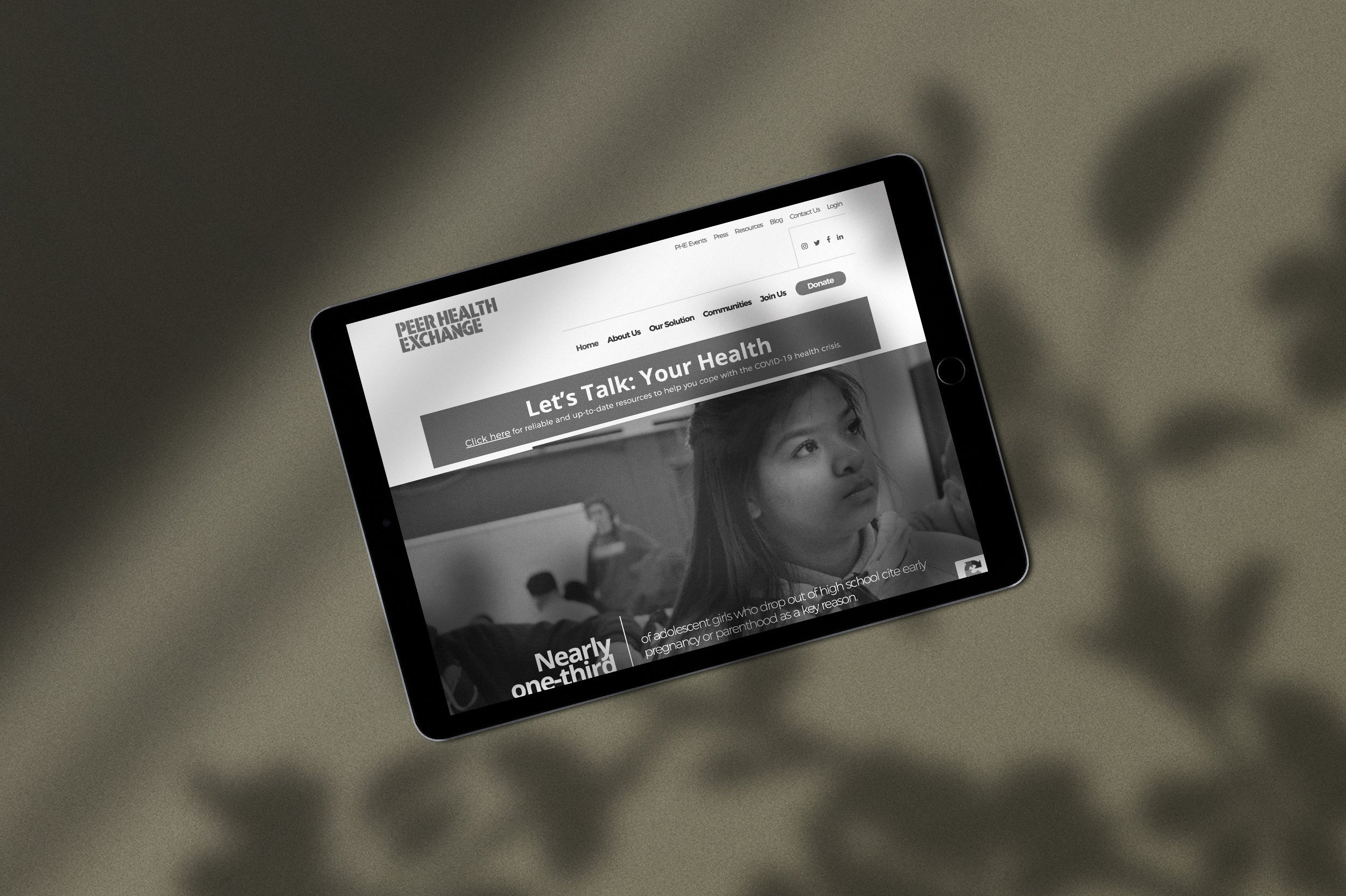what to know about queer sexual health.

On the list of the many things that weren’t covered in our high-school sex-ed class: anything to do with queer sex.
As a result, many people aren’t as prepared as they should be for their sexual encounters. But in a recent article for Bustle, certified sex educator Emma McGowan highlights some of the most important things that people in queer relationships need to know about sexual health. Here are some of the key points.
Get tested—regularly.
Regardless of your gender or the gender of the people you are having sex with, make sure you get tested regularly for STIs and HIV. McGowan offers a few rules of thumb, based on advice from the CDC. If you have a vagina and are under the age of 25, get tested annually; if you’re over 25, get tested if you’ve had new partners. People with penises who have sex with people with penises should get tested annually—and more frequently if they have multiple partners.
STIs can spread between vaginas.
Yup, it might be easy to think that there’s less chance of getting an STI via vagina-on-vagina sex, but it’s not impossible. STIs like HPV, herpes, syphilis, and trichomoniasis can all spread via skin-to-skin contact—including hands, mouths, and “tribbing” (aka rubbing vulvas against each other). Make sure you and your new partner get tested, but if you’re still worried, McGowan suggests using “barrier methods” such as dental dams, internal condoms or rubber gloves (saran wrap can even work). You can also use condoms on devices to prevent the spread of STIs.
Sex between people with penises has the highest risk of STIs.
That’s not a commentary on gender, but more that STIs are most commonly transmitted through small tears in flesh, which most frequently occur during anal sex. Additionally, because there is no risk of pregnancy when only penises are involved, people often don’t think a condom is necessary. But unless you’ve both/all been tested for STIs and have no other partners, it’s important to use a condom (and lube) or PrEP.
Read McGowan’s entire article on sexual health in queer relationships.



